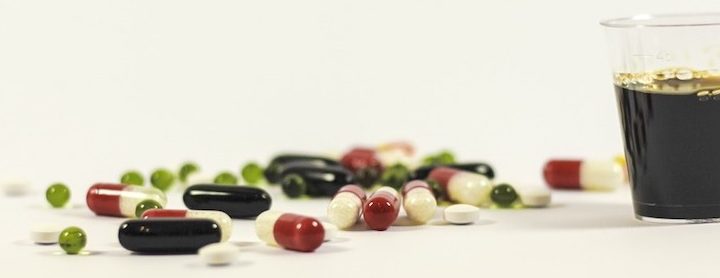Lately, more and more DWI violations are resulting from consumption of substances, other than alcohol.
by Peter H. Lederman, Esq.
Traditionally, the offense of Driving While Intoxicated is thought of as an offense resulting from excessive alcohol consumption. While many offenses do occur when too much alcohol is consumed, more violations are resulting from consumption of substances, other than alcohol.
As a reduction in alcohol-related offenses occurs, we see more situations where ingestion of non-alcohol related substances is involved. Many times these offenses result from the use of legally prescribed medications. This occurs even when proper amounts of prescription drugs are taken.
Too often, drivers pay no attention to the highlighted labels on prescription containers which warn against operating vehicles when the particular medication is consumed. This is because of adverse side effects caused by the medication, which diminishes ones ability to operate a vehicle.
Even more problematic is a situation where alcohol is consumed after medication is taken. Again, drivers neglect to read, no less consider warnings about decreased driving ability when drugs are combined with an alcoholic beverage. This creates a “synergistic effect” where the combination of the two substances results in a much worse condition than the two would create by themselves.
It goes without saying that operating cars after taking “recreational drugs” results in the same diminished ability to safely operate a car.
The bottom line is that drivers must consider the effects of any medication or other drug they consume before operating a motor vehicle. This is especially true when the drug is mixed with alcohol. Our DWI law will punish drivers with substantially diminished ability to operate their motor vehicles, just as if alcohol was the sole cause of diminished ability.
